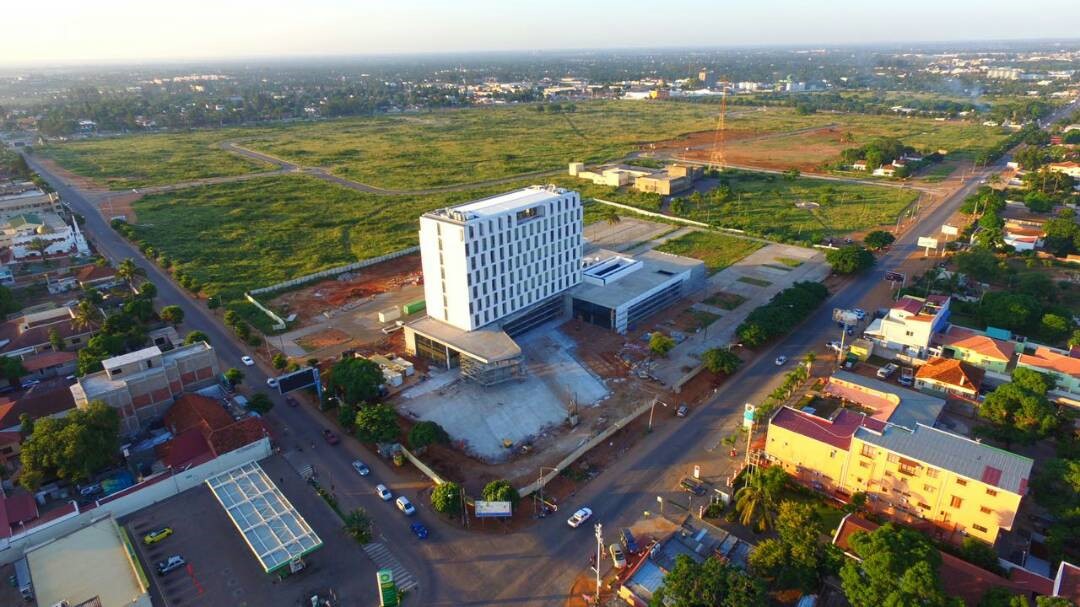Digital maturity of the local authority
What does the city mean by “smart city”?
For Matola, a smart city is one that uses digital systems to solve problems for all citizens, and that does so using reliable information for resilient and integrated services.
Connecting people through digital technology, and improving the ease of access to information and services for citizens, is also crucial for Matola Municipal Council.
“A city that promotes development using technologies of information and communication to provide better services for all citizens.“
What digital projects have been done to date?
At the moment, Matola does not have a specific digital transformation plan, but follows a five-year governance plan that has increasingly incorporated digital elements to improve its services. So far, it has mainly introduced digital systems for the collection of revenue.
Tax collection
Prior to 2016, all processes for tax collection were done manually and on paper. Since this point there has been the gradual digitization of registers onto a single database, to be used for all taxes and fees. 60% of fiscal services now have digital coverage.
Case Study: SADIS
Today a digital service exists called SADIS – Secure Advanced Document Issuing System [www.cmatola.com] – which citizens can use to pay two types of transport taxes online via a web application:
• Municipal Vehicle Tax
• Transportation Licenses
This has been developed by the municipality and Bithol Michcoma, a system integration company.
Over 80,000 people used this digital service to pay taxes in 2019.
Finance
The World Bank’s Cities & Climate Change (2013-2018) project focused on public finances and territorial planning, allocating IT resources, and the training of five technicians in local finance matters.
What are the plans for the future?
Digital, data & technology
Matola Municipal Council is planning to put internet points in each administrative post, and also hopes to hire administration staff who are able to support citizens and other Council staff in the use of digital services.
Tax collection
The city is currently in discussion with a number of suppliers to support their continued work on e-tax collection. Activities include providing tax collection agents with tablets uploaded with the relevant software in order to collect personal tax directly from citizens, promoting the e-tax web portal to increase the number of people using it, and incorporating property tax into the online system.
Land registry
A future project for the City Council involves the scanning of existing paper archives of land in Matola to complete a digital register of property details, including geographic details and ownership, to better understand the number of houses in the city that might be eligible to pay tax. The authority has chosen 5 boroughs to begin the registration process, with 5,000 properties planned for this year (17,000 have already been registered), meaning that 25% of properties will have been registered in this way. The register is currently running on Microsoft Excel.
Mobility
Digital projects for improving mobility in Matola are currently at the early stages, and are focused on understanding the numbers of vehicles and circulation of the road within the city.
Identity
Matola would like to explore the possibility of developing Smart cards for its citizens that are based on the existing national identity cards. With this smart card and the digital system associated with it, citizens of Matola would be able to schedule hearings, submit forms, and consult on the status of ongoing cases, as well as pay for public transport and taxes or fees directly from a wallet digital or bank card.
How would you rate your capacity to conduct a digitization project? 5/5
• Having a technician who works with local partners to deliver digital projects.
Data gathered from a questionnaire shared with all cities in Phase 1.



